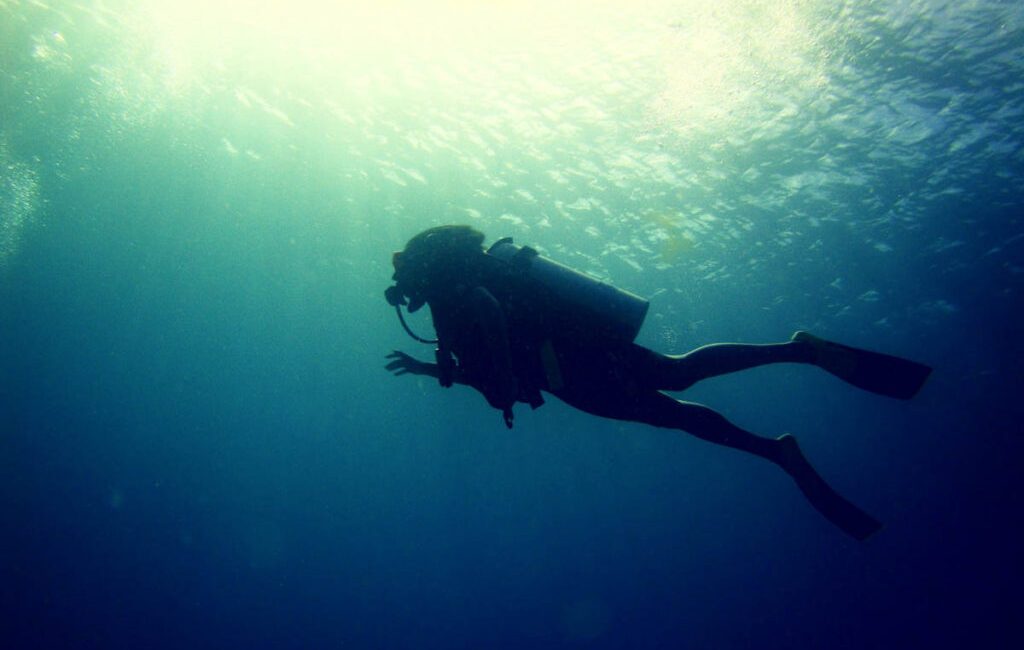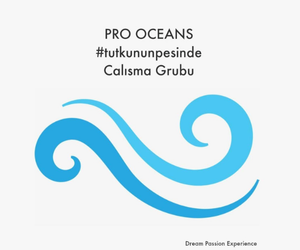While the thrill of descending into the deep blue can be captivating, it’s important to recognize that the unique physical demands of scuba diving may lead to back pain.
The Connection Between Scuba Diving and Back Pain
Scuba diving places the body in a highly specific position: often bent forward with the body hunched to accommodate the weight of the dive gear. Although diving itself is a low-impact activity, prolonged exposure to this position, combined with the additional stresses created by the gear and water pressure, can put undue strain on the spine and surrounding muscles. Here are some key factors that can contribute to back pain in divers:
1. Heavy Dive Gear
The weight of the scuba tank, buoyancy compensator, weight belt, and other gear places pressure on the spine and shoulders, especially when walking on land before or after a dive. For long dives, this weight can accumulate and stress the lower back, causing discomfort and muscle tension.
2. Improper Body Position
While diving, divers may spend long periods in a slightly hunched position, especially when navigating tight spaces or maintaining buoyancy control. Repeatedly bending the body in this position can lead to misalignments of the spine, affecting posture and causing muscle strain. In some cases, prolonged improper posture may lead to disc problems or joint irritation in the lower back.
3. Water Pressure and Spinal Compression
Scuba diving involves descending to depths where water pressure increases. As the body descends, there’s an increasing pressure on the spine and intervertebral discs, which can lead to compression. This compression may exacerbate pre-existing spinal issues or create discomfort in the lower back, especially after prolonged or deep dives.
4. Sudden Movements and Muscle Strain
Scuba divers often have to make quick movements or adjustments to their positioning, such as swimming against currents or navigating strong water flows. These sudden movements can strain muscles, particularly those in the back and shoulders, leading to localized pain and discomfort.
5. Post-Dive Stiffness
After a dive, some divers may experience stiffness or tightness in their back due to the body’s prolonged period in a horizontal, sometimes unnatural, position. As a result, the muscles may not return to their natural state of flexibility immediately, causing a feeling of tension in the lower back.

How Chiropractic Treatment Can Help Scuba Divers
Chiropractic care focuses on diagnosing and treating musculoskeletal disorders, particularly those related to the spine. For scuba divers experiencing back pain, chiropractic care can offer several benefits that can help restore alignment, improve function, and relieve discomfort.
1. Spinal Alignment and Adjustments
Chiropractors specialize in spinal adjustments, which can realign the vertebrae and joints that may have become misaligned during a dive or due to the strain of dive gear. Proper spinal alignment helps relieve pressure on the spinal discs and nerves, reducing discomfort and promoting better mobility.
2. Pain Relief
Chiropractic care can help alleviate pain by targeting the root cause of the discomfort. By performing spinal adjustments and soft tissue therapies, chiropractors can reduce inflammation, release muscle tension, and alleviate pressure on the nerves, resulting in both immediate and long-term relief from back pain.
3. Prevention of Future Injuries
Regular chiropractic treatments can help strengthen and maintain proper spinal alignment, which can reduce the risk of future injuries. Through techniques like postural correction, strengthening exercises, and flexibility training, chiropractors can help divers maintain better posture both underwater and on land. This reduces the risk of strain and overuse injuries from repetitive diving motions.
4. Improved Mobility and Flexibility
Diving can cause muscles to become tight, especially in the lower back, shoulders, and legs. Chiropractic care involves soft tissue therapies, including massage and stretching techniques, to help increase flexibility and muscle mobility. This can be especially beneficial for divers who experience tightness after long dives or those who suffer from stiffness due to improper posture.
5. Enhanced Recovery
Chiropractic care can promote faster recovery by improving blood circulation and reducing inflammation. After a dive, it’s not uncommon for divers to experience muscle fatigue and soreness. Chiropractic adjustments can help expedite the healing process by restoring normal movement patterns and improving the body’s ability to recover naturally.
6. Holistic Approach
Chiropractors often adopt a holistic approach to healing, focusing not only on the spine but also on the overall well-being of the body. Through nutritional counseling, ergonomic advice, and lifestyle modifications, chiropractors can help divers reduce stress, improve posture, and strengthen muscles to ensure their body is in optimal condition for future dives.
When to See a Chiropractor
If you’re a scuba diver experiencing back pain, it’s important to listen to your body and seek professional care when needed. If the pain persists after diving, interferes with your mobility, or becomes chronic, it may be time to consult with a chiropractor. Additionally, even if you don’t have any noticeable pain, regular chiropractic visits can help ensure your body remains in top shape for your next adventure under the sea.
Find out more about Chiropractic and what it can treat
THE SCUBA NEWS Link !
DemirHindiSG 13 Temmuz 2025-17:55




